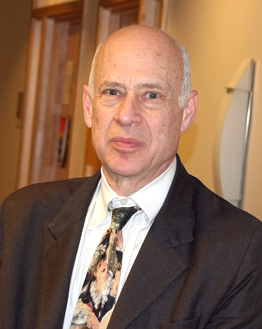
for the UMMS site. |
Fujifilm Corporation announced today the initiation of a Phase II clinical trial in the United States to evaluate the safety and efficacy of its antiviral drug Avigan (favipiravir) for patients with COVID-19, in collaboration with Brigham and Women’s Hospital, Massachusetts General Hospital and UMass Medical School.
Avigan was developed by a subsidiary of Fujifilm and approved in 2014 as an anti-influenza drug in Japan. Avigan selectively inhibits RNA polymerase, necessary for influenza virus replication.
According to Fujifilm, due to this mechanism, it is expected that Avigan may potentially have an antiviral effect on the new coronavirus, because like influenza viruses, coronaviruses are single-stranded RNA viruses that also depend on viral RNA polymerase.
On March 31, Fujifilm announced the start of a Phase III clinical trial of Avigan for COVID-19 patients in Japan.
The U.S. trial will involve approximately 50 patients across the three sites. According to a story in the Boston Globe, one group would receive the drug along with the normal standard of care, while a second control group would receive only the normal care COVID-19 patients currently receive, according to officials involved in the trial.
Doctors involved in the planned Massachusetts trial note that the drug has been used widely in humans, so the side effects are relatively well known. The potential benefits of the drug for a COVID-19 patient ill enough to be admitted to the hospital far outweigh the potential risks of side effects, the doctors told the Globe.
“The drug looks promising,” said Robert W. Finberg, MD, the Richard M. Haidack Professor of Medicine and chair and professor of medicine at UMass Medical School, and an infectious disease specialist who is the principal investigator for the UMMS trial site, which will be at UMass Memorial Medical Center. Dr. Finberg has done previous studies on favipiravir as a treatment for influenza and has an existing relationship with the drug maker that led to the collaboration for the U.S. coronavirus trial.
The drug works, Finberg told the Globe, by causing the virus to misread its genetic instructions and not reproduce correctly, “so that the virus eventually melts down in the test tube,” Finberg said, describing his previous research on the drug.
Researchers believe it will work the same way with the coronavirus, he said.